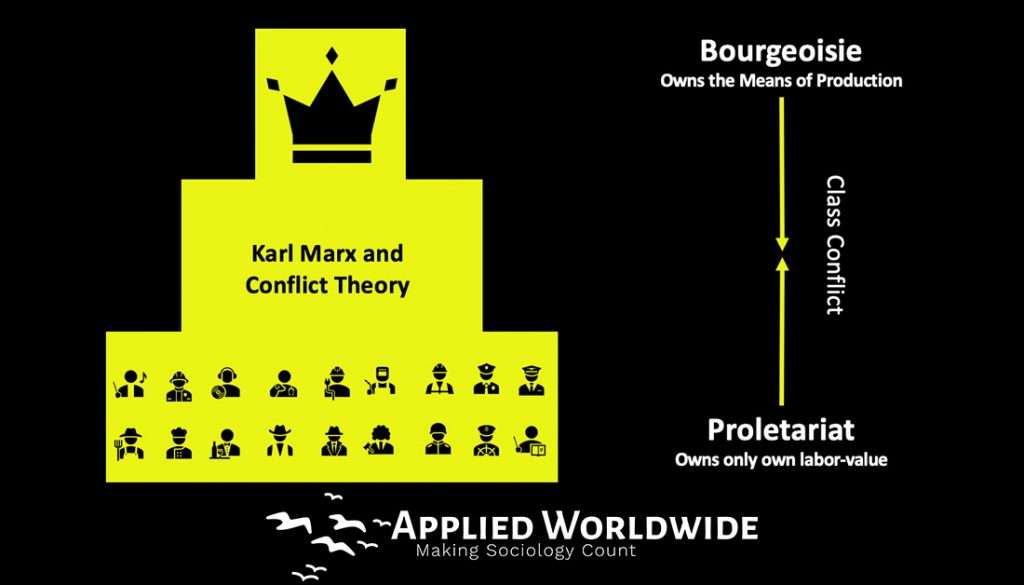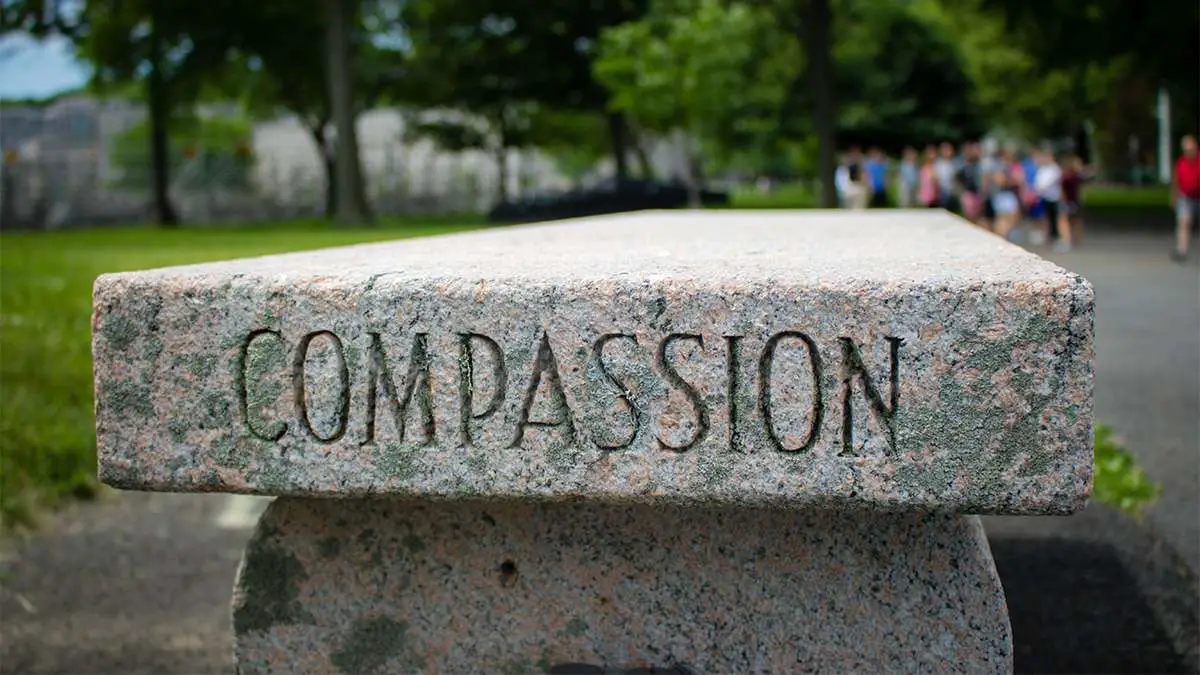The discipline of Sociology makes one question and develop critical thought. It helps one to understand the various complexities and problems of societies and contemporary times. It increases sensitivity and makes one understand life, social locations, and our positions in a better manner. It also gives insights into the various inequalities and exploitations present in society. For example, we get to learn about caste based inequalities and problems in Indian society after reading Dr. B. R. Ambedkar’s Annihilation of Caste.
But as a student who is often left agitated with questions that have no answers and a human being who aims to find a balanced compassionate happy life, I write this article to make some subtle comments on what more sociology can do. These reflections are from my first-hand experience of studying Sociology at an undergraduate level at the University of Delhi, India.
Listening is a skill that I wish every sociology department would nurture. If one is too much into theory and arguments, one cannot listen. If one is too swayed by emotions, one cannot listen. Sociology is prone to both anger and argumentation, which is not good for listening. For example, the feminist lens helps us to understand the many problems faced by women and marginal sexualities. However, sometimes in practical situations such as talking to a homemaker who finds meaning in cooking for kids or a female house help who is forced to hide her income from her husband, speaking out theories with feminist rage will not work. Sometimes, these people just look for words of comfort and minute expressions of celebration of their efforts. They do not look for ideologies which tell them that they are being exploited. They look for ways to make their life a little more peaceful and happier.
I wish to create a disciplinary culture that fosters critical thinking and one that places sociology in a vulnerable position of receiving criticism. Discourse consumption is a difficult affair. If one does not digest it properly, discourses have the power to blind the consciousness of people. The time given to consume the syllabus is quite inadequate in terms of enabling the conversion of facts to knowledge.
Sociology often makes us think that we know it all and we often take pride in knowing beyond ‘common sense.’ However, I also wish that sociology departments are also able to create some room for a more peaceful dialogue with common sense, rather than one that always contests. Because sometimes, in the practical context making connections between the general and the particular does not work at all. For example, if a person does not know about casteism, sociology makes us prone to label that person as a ‘casteist.’
However, in the practical context, people engage with the world in different ways and their lives cannot be reduced to sociological concepts. Sometimes it is very much needed to understand the vulnerabilities of certain communities, individual negotiations and respecting the choices made by people around us. Other times, making such connections may draw us away from the moment and make us too judgmental to understand people. Life calls for a spectrum of behaviors, decisions and responses and I think there needs to be an open acknowledgement of both the enabling and disabling powers of sociology in that context.
I also think that while the culture of dissent, discussion and dialogue need to be continued to be celebrated in the years to come, it will be good to train ourselves into adopting a tone of affirmation. A compassionate, positive, solution-oriented tone that celebrates life can solve many questions that sociology poses but fails to answer. For example, after consuming the Marxist idea that class inequalities are intrinsic to capitalist societies and only a proletariat revolution can establish a more equal order, I did not know what to do with this idea. It left me agitated and in a state of worry. At the practical level, we all have property ownership now and there is no historical evidence of the society Karl Marx imagined creating.

Only, a compassionate and embracing attitude can help process feelings that theories do not address. It requires the wisdom of someone who has lived life well and happily while making some good contributions. This approach enables us to take on our plates only as much food as we can consume. It may not solve the many problems of our societies, but otherwise we have limited ability to offer solutions. However, this approach builds the faith to reasonably find constructive positive interventions at grassroots levels rather than creating agitations and anxieties that lead to extremist thinking.
We are always going to be both privileged and underprivileged in some contexts. Some may be poor economically but may have incredibly supportive parents. Some may be extraordinarily rich but may be too sick or surrounded by family disputes on property. Evaluative comparison between people can only take us so far because life is much bigger than that. Sociology makes many invisibilities visible and rightly makes us concerned about the rights of minority and marginalized populations. However, our task is to handle that knowledge for the welfare of the self and others, while fostering compassion and peace, despite the conflicting situations we face in our communities and nations. And I sincerely hope that we can use our sociological training for the same.







